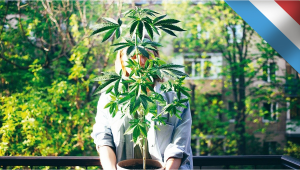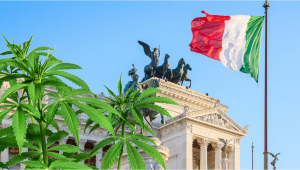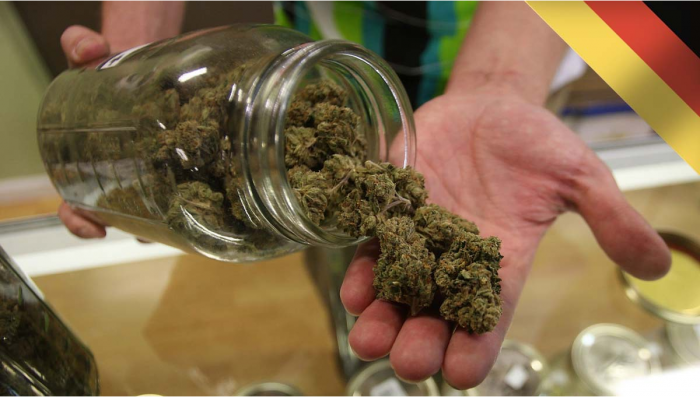Luxembourg: The First Country in Europe to Legalize Home Cultivation of Cannabis

Luxembourg is now allowing anyone who is 18 years of age or older to grow and possess cannabis if the substance is meant for personal consumption. Taking more than 3 grams outside your own home or blazing one in public will still be considered illegal.
The decision by Luxembourg’s government to ease the restriction on cultivation comes as the first installment of a wider reform meant to disrupt the black market. Authorities consider illegal drug trafficking a serious public issue, and cannabis makes up a substantial source of revenue for criminal gangs.
Both Indoor and Outdoor Cultivation Allowed
Luxembourg was the first country in Europe to remove the decades-long prohibition on growing the cannabis plant. Though weed on balconies and terraces is a common sight in Spain, it is tolerated there, not actually legalized. If someone sees or even smells the plants from the street and complains, it can result in a heavy administrative fine.
In contrast, adult residents of Luxembourg can grow cannabis openly, both in indoor setups and outdoor gardens. And they won’t have to be afraid of nosy or quarrelsome neighbors. The restrictions on public use and possession have also been eased considerably. Now it’s merely a misdemeanor and not a crime to carry a small amount of weed on your person—up to 3 grams.
The fines—in case you get caught doing it—are lower than they used to be: only €25 instead of the former €250-2500. But if you walk the street and have more than 3 grams on you, you’re still considered a dealer and face serious charges. For car drivers, nothing has changed either. The name of the game is still zero tolerance.
Recognizing the Failure of the Former Heavy-Handed Approach
The ruling coalition made up of the Liberals, the Social Democrats, and the Greens struck a deal to liberalize cannabis laws two years ago. The plans had been put on ice, however, because of the pandemic and all the disruption it caused. Now, the time has come to implement some of those plans, and the legalization of domestic cultivation and consumption is but a first step.

The government plans to create a regulatory system for the production and distribution of cannabis in the future. But the driving force is not to make some money. The taxes collected from legal sales will primarily fund the prevention of drug abuse, as well as education and healthcare.
The main incentive for authorities to go ahead with the reform is to put an end to illegal trafficking and all the misery it causes. After decades of prohibition, it has become clear that war-on-drug tactics failed to either put a dent in the black market or curb the use of cannabis. The government hopes that the new policy will better serve society’s interests.











Comments